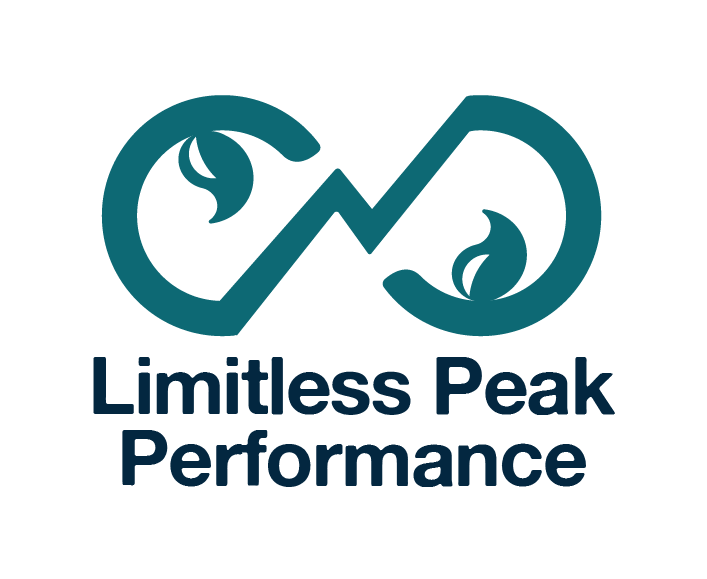Beyond family ties in family-owned businesses
Family-owned businesses are often celebrated for their close-knit atmosphere and the sense of tradition and continuity this brings. However, sometimes, these businesses can harbour complex dynamics that both enrich and challenge the work environment. In particular, the crossover of family relationships and professional roles can create tensions and opportunities that are unique to this environment. In this article, I consider the intricacies of managing family dynamics in family-owned businesses, highlighting strategies for creating harmony, fairness, and success.
The unique challenges
Operating within a family-owned business can offer a blend of personal fulfilment and professional challenge. Family members working together often share a deep commitment to the business's success, established in shared values, history, and family bonds. However, it’s probably no surprise that these close ties can also complicate decision-making, communication, and conflict resolution.
One of the primary challenges is ensuring that the right person is in the right role. While family members may have a natural affinity for the business due to their upbringing or familial connections, they may not always possess the skills or temperament necessary to excel in the role assigned to them. This fine balance requires a nuanced approach to recruitment, talent management, and succession planning. Especially if you don’t want to give yourselves problems downline with outside-of-the-family talent acquisition.
Clarifying motivations for business ownership
Understanding the underlying motivations for business ownership is an important place to start. Are you in business primarily to provide employment opportunities for family members, or are you driven to achieve business growth and maximise potential? Clarifying these motivations will enable you to set clear goals, allocate resources effectively, and address challenges with purpose and resilience. Businesses focused on providing employment for family members and familial stability may prioritise continuity, work-life balance, and succession planning. Those aiming for growth may emphasise innovation, market expansion, and talent acquisition. Businesses can ensure harmony, fulfilment, and sustainable success by aligning business objectives with familial aspirations.
Adult-adult communication
To address family dynamics within a business setting, moving beyond traditional parent-child relationships and embracing adult-adult communication is crucial. This shift aids mutual respect, open dialogue, and effective conflict resolution among family members and non-family employees alike. Embracing adult-adult communication creates a culture of professionalism, where all individuals are treated fairly and respectfully based on meritocracy and performance rather than familial connections.
Establishing formal governance structures, such as advisory boards or family councils, further supports this transition. These structures provide a platform for open communication, conflict resolution, and strategic planning, creating organisational transparency and accountability. By creating clear roles and expectations, businesses can mitigate conflicts arising from clichés within the family, such as sibling rivalries or parental favouritism.
Despite efforts to maintain professionalism, family-owned businesses are not immune to interpersonal conflicts, power struggles, and unresolved issues. Clichés within the family, such as sibling rivalries or parental favouritism, can seep into workplace dynamics, affecting morale, productivity, and employee retention. When non-family members see some of this ‘stuff’ going on unchecked, that can make life harder for the business owner(s). Good people leave when bad things happen and the leaders don’t do anything about it.
In these instances, clear communication, active listening, and conflict resolution strategies can help address challenges and aid the development of healthier relationships within the organisation. By acknowledging and addressing underlying tensions, businesses can build a cohesive and collaborative work environment, driving long-term success.
Impact on non-family members
While family members may dominate leadership positions within family-owned businesses, non-family employees often play an important role in the growth and sustainability of the business. However, they may face challenges related to progression, perceived favouritism, and inclusion within the organisation.
As a business owner, you must consider the sense of belonging and progression opportunities for non-family members. Are there implicit barriers, such as a perceived glass ceiling, that hinder their professional growth? Are their opinions given less value than family members? Are their voices quieter or even smothered? Addressing these concerns is vital for attracting and retaining top talent, promoting diversity and inclusion, and ensuring viable business growth with the right person in the right role. [JP1]
Strategic Workforce Planning as a Solution
Strategic workforce planning offers a proactive approach to addressing the complexities of family dynamics in family-owned businesses. By conducting a thorough analysis of organisational needs, roles, capabilities and dynamics, businesses can identify talent gaps, succession risks, and areas for improvement.
My approach to workforce consultancy revolves around getting to the heart of the people problems you are facing. I won’t make recommendations or design interventions until I have thoroughly analysed and understood your organisation's dynamics and challenges.
Before I finish, let me tell you about Bob and Sue (not their real names!). Bob and Sue are the co-founders of a business who asked me to come in and do some work with them so they could scale their business. We were going to start with some coaching. It soon became REALLY apparent that the hat I needed to wear was mediator, not coach or even strategic workforce planning consultant! You see, I have a multi-hat approach to building high-performing teams. A couple of (long and emotion-charged) sessions later and they had learnt to: appreciate each other’s role and contributions; communicate more effectively; play to their strengths; and, ultimately, lead the business in a better way.
Navigating family dynamics in family-owned businesses requires a delicate balance of professionalism, empathy, and strategic planning. By transcending familial relationships, addressing clichés and conflicts, and prioritising fairness and inclusion, businesses can create a work environment that supports innovation, collaboration, and long-term success.
Through strategic workforce planning and tailored services, I empower businesses and their leaders to overcome obstacles, drive growth, and build a legacy that extends beyond familial ties. Contact me today to learn more about how I can support your organisation's success.

